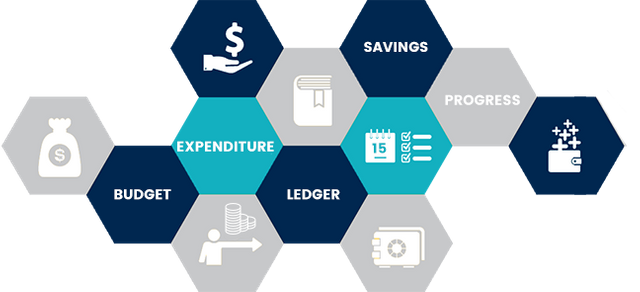Every company has both short-, medium- and long-term plans, which vary according to the company's expectations; for example, in the short term, small companies think of recovering part of the initial investment through sales or securing captive customers; a long-term plan would be to expand the business, introduce new product lines, or in the last case, try to survive in the face of the tough competition.

On the other hand, medium and large companies, in the short term, seek to improve the internal structure of the organization in order to increase productivity levels, reduce costs, etc., and in the long term their expectation is to be a highly competitive company both nationally and internationally.
There are tax planning classification schemes, which validate the following topics; they classify it by its time, differentiating it into preparatory and operative, given by the time in which tax planning is considered. Before or after engaging in an economic activity.
Within the preparatory tax classification, it is the one that begins before the birth of the company, and it is the one that must consider the most appropriate legal choice to operate, evaluate costs and alternatives.

While operational tax planning, the operational tax planning activity, is the one that occurs once the company is up and running, i.e. after having started its administrative activities legally.